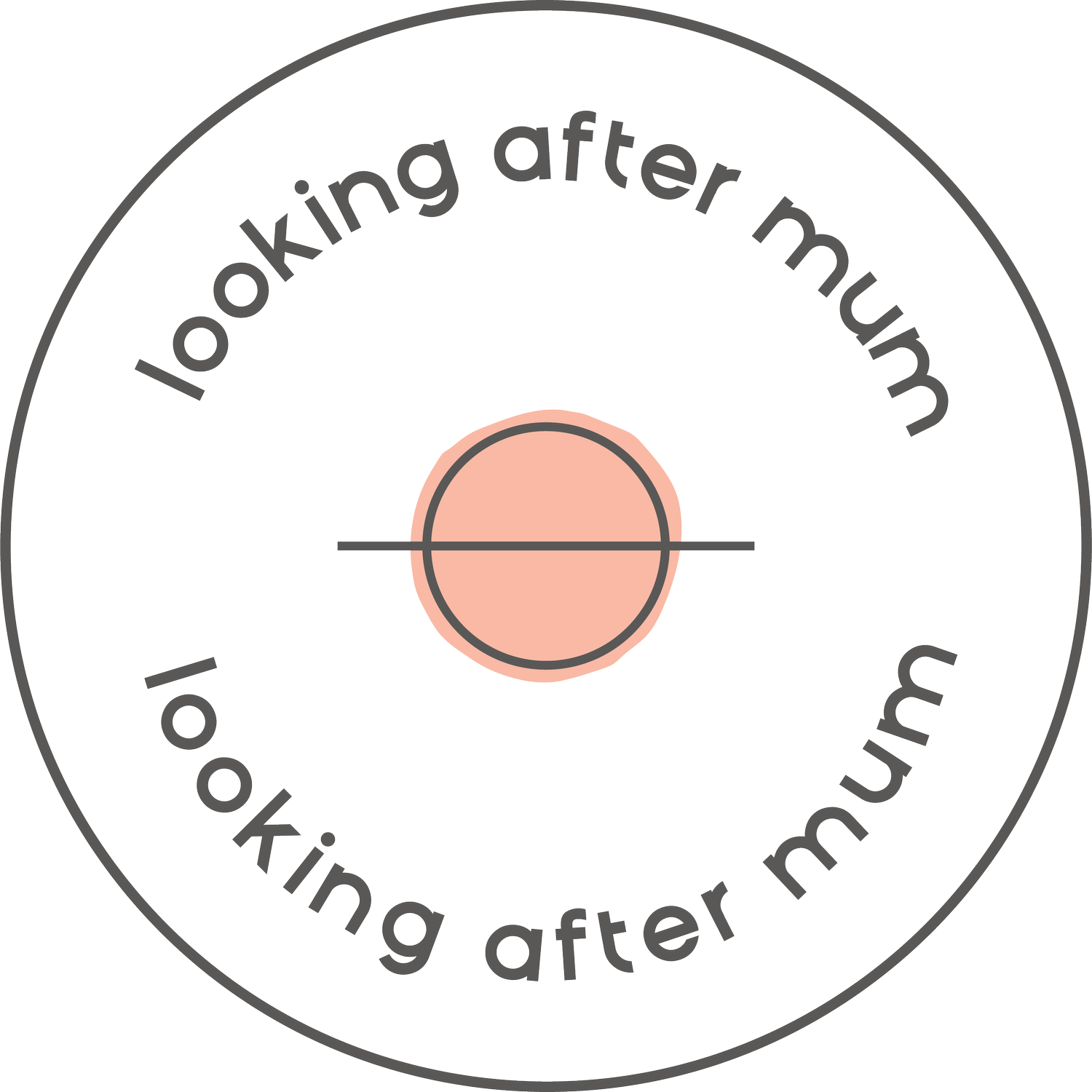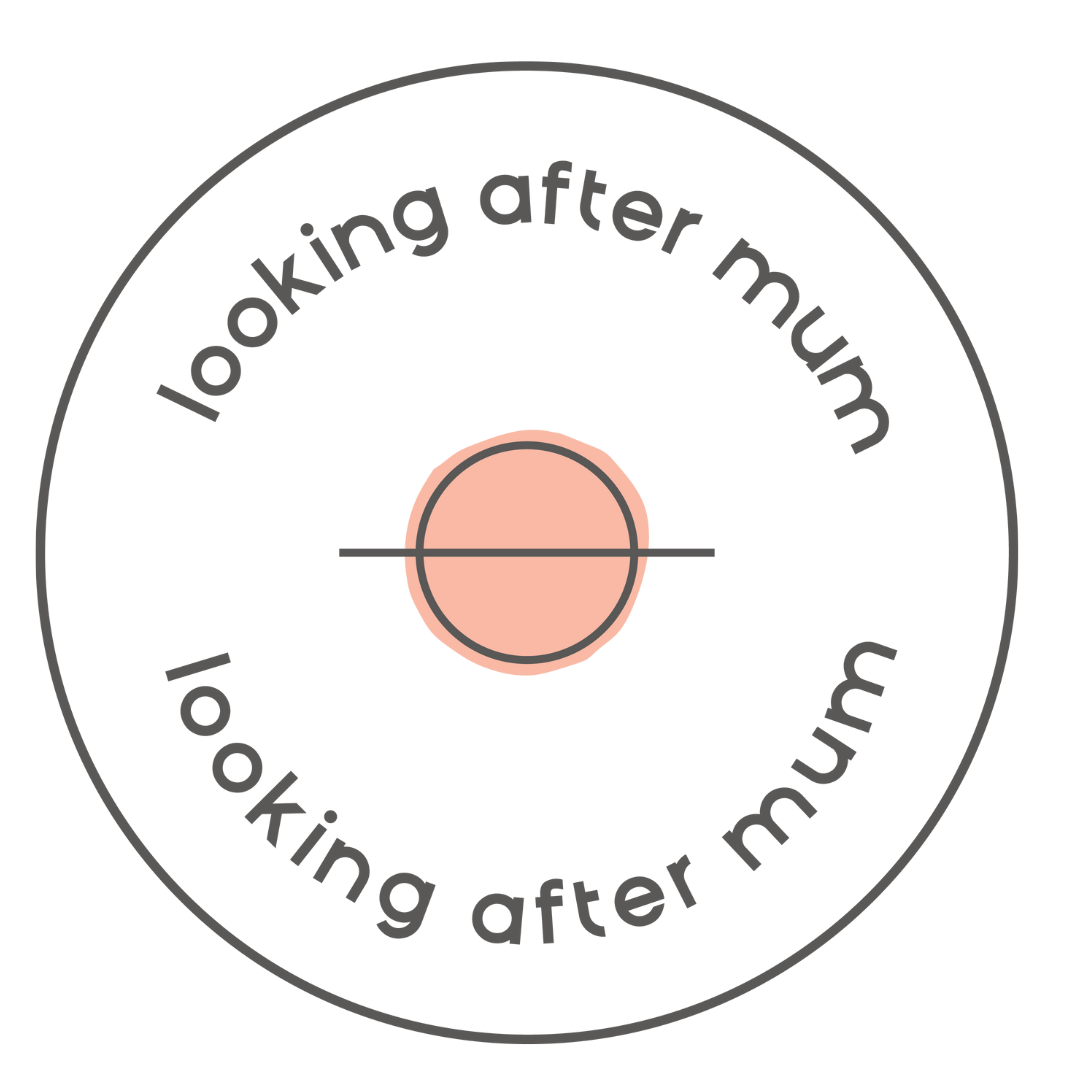Exercising during pregnancy; maintaining safety of you and your baby
Guest post written by Louise Elizabeth Prenatal & Postnatal Personal Trainer
Louise Elizabeth - Prenatal & Postnatal Personal Trainer.
A note from Sophie: Louise is an expert when it comes to all things prenatal & postpartum fitness. Having worked with Louise during my postpartum journey, I can testify that she is one-of-a-kind. Her knowledge is truly comprehensive. She combines this knowledge with the ability to facilitate positive holistic changes in the lives of her clients. I feel fortunate that she will be writing a mini-series for the ‘Looking After Mum’ guide to help you navigate exercising during pregnancy.
Many women feel anxious at the thought of exercising during pregnancy. With so many mixed messages about exercise during this time, it is no wonder that you can feel confused about what is best for you and your baby. In this article, I address some of the most commonly asked questions that women come to me with:
Is it safe to exercise whilst pregnant?
How much should I exert myself?
Will I harm my baby?
By answering these questions, I want you to be equipped with information to make informed decisions about exercising safely during your pregnancy.
My journey with exercise during pregnancy
As a woman who exercised regularly and hard before pregnancy and had a healthy pregnancy, I found it both freeing and limiting to exercise during my pregnancy. Sounds contradictory, doesn’t it?
It was freeing for me to do something I enjoyed so much even though I was pregnant. At the same time, I felt restricted because I wanted to push myself as hard as I had pre-pregnancy and now felt I couldn’t. I also struggled to adapt to the mindset that I was exercising for my and bump’s health, posture, to prevent aches and pains, and not exercising for performance or to compete anymore.
I will go into adapting mindset for prenatal exercise in the next newsletter. In the first trimester, I suffered from morning sickness until 12 weeks, so it was a struggle to exercise regularly during those early weeks. Admittedly, I found that frustrating and was delighted to hit the second trimester and work out more again.
Despite feeling limited in what I could do, I now look back and realize how lucky I was to be able to do so much – our minds can play funny games on us. The benefits for me were huge. I was able to maintain a decent level of fitness, which helped me on the other side with my postnatal fitness and recovery. It benefited my mental health hugely.
Now I really love supporting women as a prenatal trainer to help them experience these benefits too. So let’s discuss the obstacles/myths that often prevent women from exercising once they discover they’re pregnant…
Do you want to workout during pregnancy?
The old school of thought is to put your feet up and rest when pregnant (emphasis on old, because this is very out of date). Instead exercising when you are pregnant has many benefits for both mum and bump.
Reduces risk of gestational diabetes
Beneficial for mothers’ mental health
Reduces excess maternal weight gain
Beneficial for placenta growth in early pregnancy
Decreases likelihood of unplanned c section and instrument assisted delivery
…as well as all the usual health benefits of exercise.
Having said that we live in a fast-paced society where it often seems that we should have something in the diary for weekends and we should all be out doing stuff, but remember yin and yang are important. Having some quiet focused ‘you time’, eating good food, rest and recovery are so important and often massively underestimated. So when you are scheduling in exercise make sure you are scheduling in rest time too, especially when pregnant.
Is it safe to exercise whilst pregnant?
For healthy pregnancies, yes! The research shows that moderate-intensity exercise is not a risk factor for pregnancy outcome (Barakat et al. 2015). There are a few conditions when exercise is not safe and these are listed in the table below.
Will I harm my baby by exercising?
There is no research to indicate that exercising during a healthy pregnancy leads to negative outcomes for the fetus. Previously there was concern around low birth weight but there have since been studies showing the opposite and other studies showing no difference in birth weight between women who exercised and those who didn’t (Baraket et al., 2015).
Although exercising when pregnant is considered safe for the vast majority of women, there are certain medical conditions that it is deemed unsafe to exercise. These conditions include:
Certain types of heart and lung diseases
Cerclage
Being pregnant with twins or triplets (or more) with risk factors for preterm labor
Placenta previa after 26 weeks of pregnancy
Preterm labor or ruptured membranes (your water has broken) during this pregnancy regular physical activity
Preeclampsia or pregnancy-induced high blood pressure
Severe anemia
(American College of Obstetricians and Gynaecologists, 2021)
Furthermore, women experiencing any of these symptoms should stop exercising and seek immediate medical attention to rule out any potentially serious health problems:
Bleeding from the vagina
Feeling dizzy or faint
Shortness of breath before starting exercise
Chest pain
Headache
Muscle weakness
Calf pain or swelling
Regular, painful contractions of the uterus
Fluid gushing or leaking from the vagina
(American College of Obstetricians and Gynaecologists, 2021)
How hard should I push it, if at all?
Generally, I say to clients who have been regular exercisers before pregnancy is that they should be able to hold a conversation whilst doing the effort and to pitch it at a 7 out of 10 effort, with 1 being you are exerting no effort at all (sitting), 10 being maximum effort (sprinting).
For women that didn’t exercise before pregnancy, the guidance is now that the health benefits for being active during pregnancy apply to all women unless experiencing contraindications to exercise (see list above). The advice used to be that women were told if you didn’t exercise before pregnancy they shouldn’t start now. This advice has now changed to unless you are experiencing contraindications to exercise, the American College of Sports Medicine recommend pregnant women exercise moderately throughout pregnancy for 150 minutes per week. For some women moderate exercise might be a few brisk walks. For others, it might be attending their usual workout/PT session, but not working at a maximal level and scaling down the movements so they are suitable for their pregnancy. Everyone is different.
What about heart rate monitors?
Heart rate monitors won’t always be accurate during pregnancy. If you are wearing a heart rate monitor be aware of the error margins, especially on wrist monitors. Your readings will differ a lot to pre-pregnancy heart rate as your cardiac output is up by 40% when pregnant and aren’t typically advisable to wear.
If you have any further questions feel free to reach out to Louise either on Instagram: @louiseelizabeth_pt or info@louiseelizabeth.co.uk .
Alternatively, you can visit https://www.louiseelizabeth.co.uk/ to find out about prenatal and postnatal personal training services that Louise’s offers.





